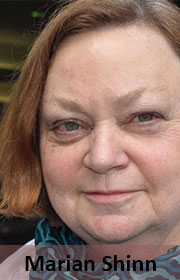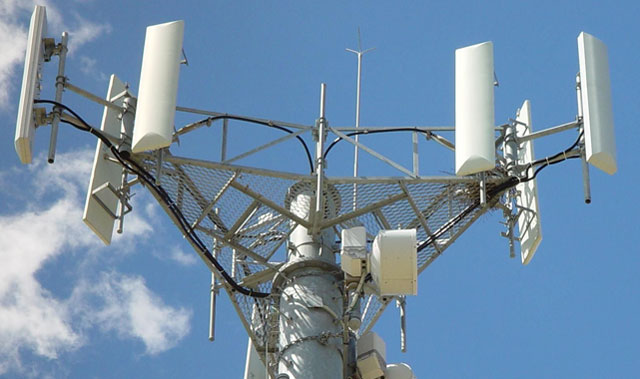 Indications that national treasury is in discussion with JSE-listed Telkom and the department of telecommunications & postal services to formalise a “partnership” to manage the roll-out of South Africa Connect, the government’s nationwide broadband project, were given in today’s parliamentary portfolio committee meeting.
Indications that national treasury is in discussion with JSE-listed Telkom and the department of telecommunications & postal services to formalise a “partnership” to manage the roll-out of South Africa Connect, the government’s nationwide broadband project, were given in today’s parliamentary portfolio committee meeting.
I have written to the minister of finance seeking clarity on government’s plans for Telkom, in which it has a 39,8% share. Telkom is regarded by government as a state-owned company, despite it being listed on the JSE.
Should this be a public/private partnership, it is cause for concern as government should not own and manage network services, but rather enable private sector players to compete in a cost-conscious shared infrastructure and spectrum-traded environment.
Today, the department gave its first extensive presentation on the state of broadband connectivity in South Africa since South Africa Connect was approved by cabinet in November 2013. Last year, R740m was allocated to be spent over three years, the first R200m of which was budgeted for the current fiscal, but has not been spent.
In discussing Telkom’s role, department deputy director-general Tinyiko Ngobeni used the word “partnership” to describe the relationship with Telkom. In his 2015 state of the nation address, President Jacob Zuma announced that the telecoms company would be the “lead agency”.
Since then, there has been much controversy about the Telkom “lead agency” role — which most in the ICT sector regard as a done deal despite no formal fair and transparent tender process having been done or deal being signed.
I have repeatedly asked parliamentary questions about the legality of the process being undertaken to appoint one public sector company over any other network service providers. The process has never been defined in any of the replies.

Ngobeni told the portfolio committee that, as government funding was insufficient to connect the 5 803 offices in the eight district municpalities involved in phase one of South Africa Connect, the private sector would need to assist and invest in the roll-out.
Someone has to take the risk, he said. About R1,2bn has been allocated for this over the 2016-2019 medium-term economic framework.
In discussing the roll-out of connecting phase two comprising 39 632 national, government and local municipal offices to meet the 2020 target for connectivity, Ngobeni said a “ballpark” cost of R60bn had been submitted to national treasury for consideration.
He told the committee that ICT infrastructure roll-out, maintenance and support for the nationwide network needed a partnership with the private sector, which includes a streamlining of the state-owned companies reporting to the telecoms department. Telkom may well be seen as this private sector partner.
The ambitious South Africa Connect policy promises to help bridge the digital divide between the poorer communities and the knowledge-empowered, more affluent communities. It needs government to incentivise and reward all ICT sector players in its roll-out, not just a chosen few.
- Marian Shinn is a DA MP and the party’s spokeswoman on telecoms & postal services




